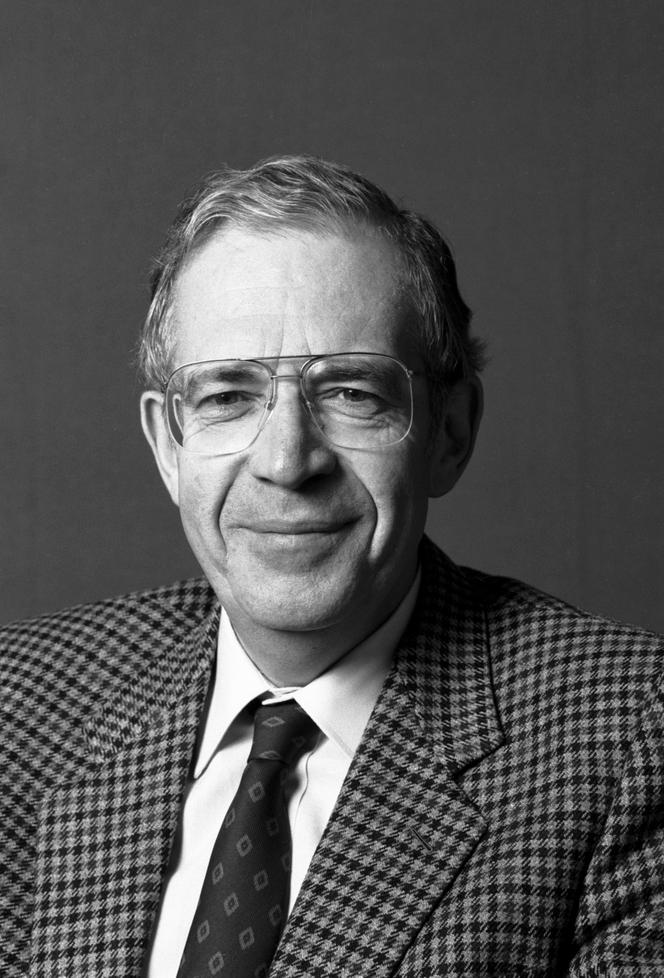


A great friend of François Mitterrand has gone. A former president of the Assemblée Nationale and former minister, Louis Mermaz died at his home in the Paris region, aged 92, announced the president of the local departmental council, François Durovray, on the social media platform X. "Louis Mermaz, former minister, president of the Assemblée Nationale and an eminent figure in political life, has left us at his home in Essonne. His commitment to the service of our country has left its mark on its history," said Durovray. Socialist leader Olivier Faure paid tribute to a "lively spirit [who] accompanied us in all our battles, right up to these last days, during the legislative elections campaign."
Of all Mitterrand's companions, he was the most loyal of the faithful, serving him to the very end, to the point of refusing any critical examination of his two terms in office.
Born in Paris on August 20, 1931, Louis Mermaz would not know his origins until it was too late. He revealed this truth in his memoirs, Il Faut Que Je Vous Dise ("I Must Tell You"). His father, Louis de Chappedelaine, was a minister of the Third Republic. He never bore that las name, though, because his father, already married, didn't marry his mother. At school, this "good little Christian," an admirer of Napoleon, dreamed of becoming a member of parliament. At the age of 14, he landed a weekly column in the Réveil Normand, where he would later publish, as an activist for decolonization, investigations into Algiers.
Mermaz prepared for his degree in history at the Sorbonne. As a history teacher, with a passion for Madame de Maintenon and the Hohenzollern dynasty (the subject of two books), he taught for 15 years, first in Le Mans, then in Sceaux and finally at university in Clermont-Ferrand. Born into a petit-bourgeois family, he married Annie Bernard d'Arbigny "in a morning coat, a gray top hat in hand," in the church of Saint-François-Xavier in Paris.
In the spring of 1954, he crossed paths with Mitterrand. This encounter changed the course of his life. "I felt," he wrote, "that he must not have been easy to talk to, surrounded as he was by a small crowd of devotees, among whom he moved without committing himself." From then on, his destiny was to be linked to that of his great man. He joined him in 1956, in a small centrist party, the Union Démocratique et Socialiste de la Résistance (UDSR). He ran under this label in the legislative elections in the Orne department, but failed three times, in 1956, 1958 and 1962.
You have 68.17% of this article left to read. The rest is for subscribers only.
